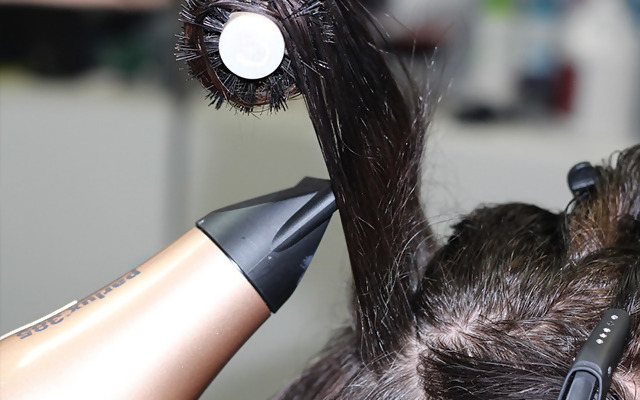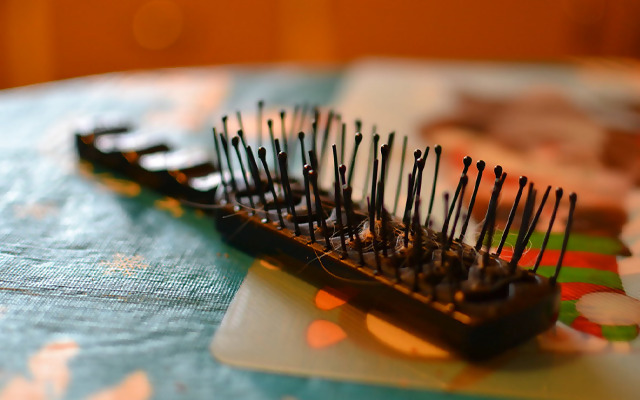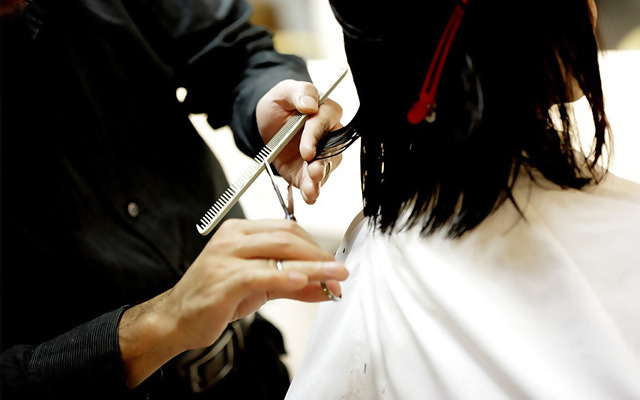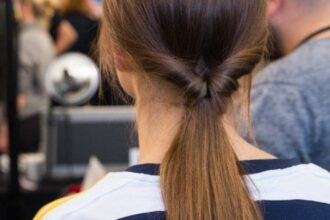Split ends are very common, especially when you have long hair. The reason is simple, long hair has older ends which are more prone to split ends.
But how does split ends come about?
See, every day you subject your hair to rigorous washing, combing, additional styling as well as your favorite chemical treatments. All these treatments cause unprecedented wearing out of the outer protective hair cuticle that lines the hair shaft. When this protective layer is damaged, the innermost layers of your hair gets exposed. Consequently, dehydration sets in and your hair becomes weak – eventually leading to split ends.
So, how can you prevent split ends from occurring? You can’t stop treating, washing and styling your hair, you know?
Here are some tips that can help:
Reduce the number of times you use heat appliances

Like a friend of mine once commented, heat, when applied to hair, is just as damaging as harsh chemicals. Irrespective of how much you pay to purchase these items, heat appliances are just not appropriate for you if you want to keep your hair healthy.
Heat simply rids your hair of its moisture making it dry, brittle and rough. It is no doubt that constant use of these heat appliances also induces physical trauma to your hair shaft, which, in some instances, can lead to some degree of hair loss. Even though that is not very likely to happen, you might want to read hair loss blogs like Hairverse, if that occurs.
This doesn’t mean that you shouldn’t blow dry your hair. You can use some heat but in regulated amounts. Don’t overapply it. Alternatively, you can let your hair to dry naturally if you usually use heat to dry your hair.
Use hair combs with wider teeth

Do you always find it hard detangling your hair, especially after you wash it with shampoo? This is a clear indication that the teeth of your comb are not wide enough and could be the contributing factor to your hair damage. Besides, you should prefer using combs to hair brushes, because these brushes are generally not as gentle as combs.
One mistake that ladies often make when handling their hair is combing the hair straight from the roots to the tips. When you do this, the knots in your hair becomes difficult to undo which will prompt you to force the knots open.
Consequently, the loose delicate ends of your hair strands will start to break and develop split ends.
What should you do instead?
Use combs with wider teeth and start combing at the tips of your hair as you gently work your way down to the scalp. Hair tangles and small knots should be untangled gently with a comb or fingers to avoid damage to the hair strand.
Trim your hair regularly

Irrespective of how careful you are, it is very rare to prevent hair split ends entirely. They are a common occurrence to everyone with long hair. For most people, when they realize the split ends are inevitable, they venture into counteractive measures such as the regular trimming of hair.
Usually, trims are done after every 8 to 12 weeks. However, you can take as much time as is convenient for you. To trim your hair, use sharp scissors that are specifically designated for hair. Any other scissors possible have blunt edges and may fray the end of your hair and thus worsening your split ends.
Keep your hair protected from environmental factors

When we talk about environmental factors, we mean factors like sunshine, wind, and cold. When you expose your hair to these factors over a prolonged duration, the damage may be quite severe.
For instance, overexposing your hair to hot sunlight and cold winds may be a contributing factor to dehydration.
When you are planning to go out where weather conditions may not be favorable for your hair, wear a protective scarf or cover your head with a hat to help conserve the moisture in your hair.
Conclusion
If you have long aged hair, you should come to terms with the fact that split ends are very common. Nevertheless, there are quite a number of ways on how to prevent split ends from occurring frequently. When used singly, these factors are not 100% effective in preventing split ends. You can try as many techniques as you can simultaneously if you want the best management of split ends.





